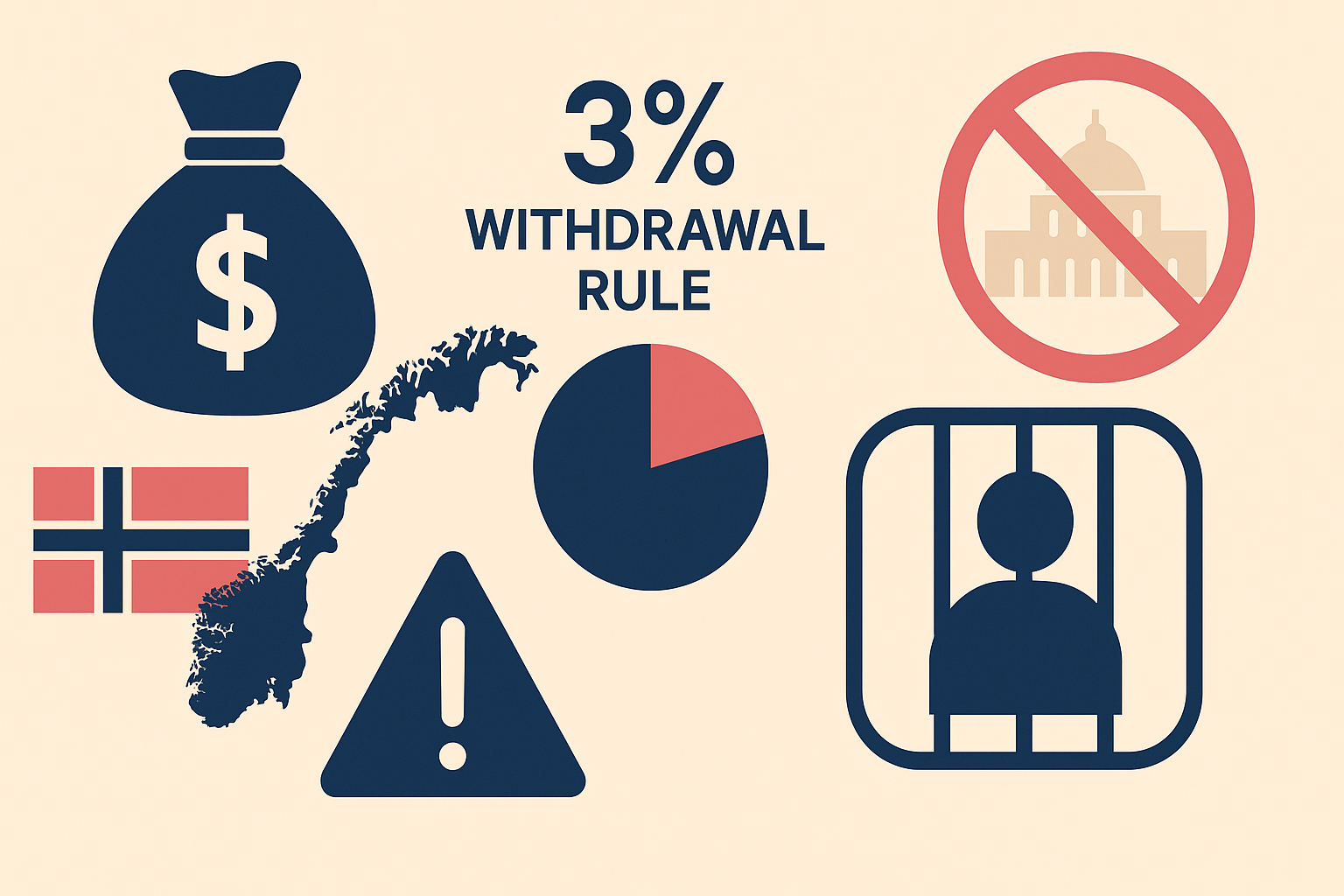Norway’s finance minister Jens Stoltenberg has defended the management of the country’s $2 trillion sovereign wealth fund, the largest in the world, after criticism over its investments in Israeli companies. The issue has become politically charged just weeks before Norway’s parliamentary elections.
Finding a “Right Balance”
The fund recently sold almost half of its Israeli holdings in response to public pressure, following revelations that some companies were linked to Israel’s military operations in Gaza and settlement activity in the West Bank. Stoltenberg described the move as striking the “right balance” between maintaining ethical standards and ensuring financial stability.
“The system is working,” he told the Financial Times. “It is possible to reconcile being a large sovereign wealth fund with ethical guidelines.”
Political Reactions and Ethical Dilemmas
Opposition parties have been divided in their response. Some politicians have demanded the resignation of the fund’s chief executive Nicolai Tangen and called for a full exit from Israel, while others warned against turning the fund into a political tool.
Former prime minister Erna Solberg, now leader of the Conservatives, stressed the need to protect the fund’s independence: “We have been fighting very hard to make sure that the fund is not political.” Still, she acknowledged growing domestic pressure to direct more of the fund’s resources into green investments.
Norwegian officials admitted that balancing domestic opinion with foreign policy considerations — particularly relations with the US — presents a “huge dilemma.”
Principles Behind the Fund
Stoltenberg, who has been closely involved with the fund since its inception in 1996, reiterated the three principles guiding its operation:
- Surplus petroleum revenues are deposited only after covering the non-oil budget deficit.
- Investments are spread across a balanced portfolio, primarily equities.
- Withdrawals for government spending are limited to the fund’s estimated real return.
These rules, he argued, are what ensure the fund’s long-term sustainability: “So long as we do that, the fund will last forever.”
The fund, which owns on average 1.5% of all listed companies globally, is prohibited from investing in Norway and cannot hold more than 10% of any single company. It essentially operates as a giant index fund.
The Fiscal Rule and Its Social Impact
Norway’s fiscal rule allows the government to spend up to 3% of the fund’s value annually, equivalent to the real return. In 2025, that amounts to NKr542 billion ($53 billion) — nearly a quarter of the national budget.
While this system has underpinned Norway’s financial stability, some economists argue it risks fostering complacency and changing social attitudes. Norway already records the highest sick leave rate among OECD high-income countries.
Stoltenberg himself acknowledged the danger: “The pension fund and the golden fiscal rule do not guarantee success. We always have to be concerned. There’s always a danger that we may become complacent and believe that the pension fund will save us. That’s not the case.”
Looking Ahead
Stoltenberg, who returned to Norwegian politics earlier this year after a decade as NATO secretary-general, has said he intends to remain finance minister if Labour wins the upcoming elections. He vowed to preserve the fund’s independence and core principles while navigating its growing exposure to political, ethical, and economic risks.








